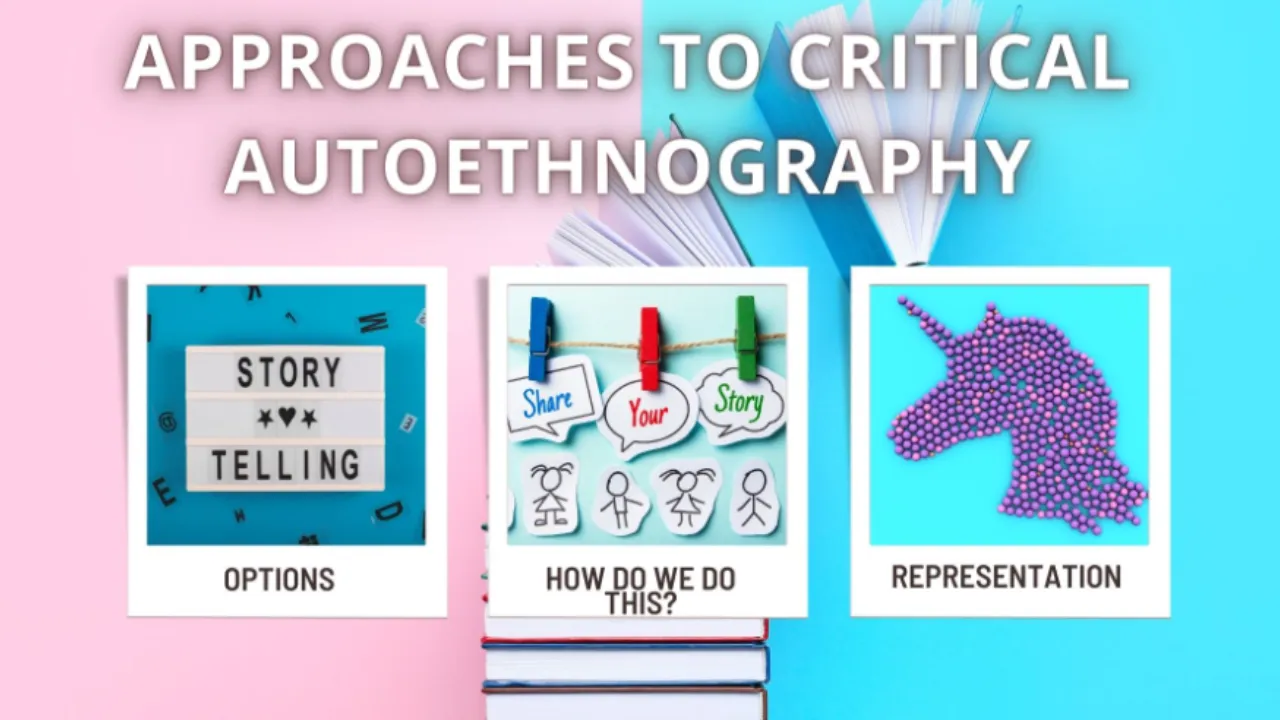
What Will You Learn?
- Why critical autoethnography?
- What makes an autoethnography critical?
- Types of storytelling
- Cultural situatedness and scholarly connections
- Writing creatively
- Ethical considerations
- Methodological considerations
- Establishing credibility
What Will You Receive?
- Replay of Live Zoom Webinar Training
- Copy of Presentation Slides
- Copy of any relevant handouts/readings

Your Instructor
Dr. Kakali Bhattacharya is an award-winning professor whose work over the last two decades has redefined qualitative research through critical, de/colonial, creative, transnational, and contemplative approaches. She received the 2022 inaugural Egon G. Guba Award for Outstanding Contributions to Qualitative Research from AERA’s Qualitative Research SIG, along with multiple honors recognizing her as a distinguished researcher, scholar of color, and mentor.
Her scholarship has been widely recognized, including the 2018 AERA Mid-Career Scholar of Color Award, AERA’s Mentoring Award (Division G), and recognition among Diverse magazine’s Top 25 Women in Higher Education for advancing social justice and de/colonizing research. She co-authored Power, Race, and Higher Education: A Cross-Cultural Parallel Narrative with Kent Gillen, which earned Outstanding Publication Awards from AERA (SIG 168) in 2017 and the International Congress of Qualitative Research in 2018. In 2018, she was one of six distinguished scholars invited to launch ASHE’s Woke Methodology Series.
With more than 100 publications, Dr. Bhattacharya also edits Routledge’s Futures of Data Analysis in Qualitative Research. Her substantive focus addresses transnational issues of race, class, and gender in higher education, and she developed Par/Des(i) ontoepistemologies to theorize South Asian diasporic negotiations in global contexts.
I am ready to enroll
